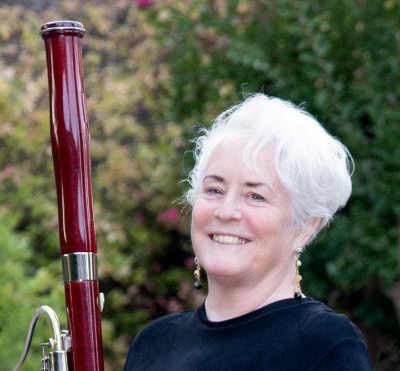Among the cable networks, AMC has had great success with original series in recent years.
The recently concluded run of “Breaking Bad” ranks right up there in popularity with “Mad Men.” Both shows put AMC on the map for serious television.
Speaking of the Emmy-award winning series “Mad Men,” the final seven episodes begin on Sunday, April 5.
There’s still time for binge viewing of all the previous seasons. I lost track of the number of seasons, but two months should afford enough time to gain an appreciation for the pending fates of the main characters.
Meanwhile, Vince Gilligan and Peter Gould, the creators of “Breaking Bad,” are launching the new drama series “Better Call Saul,” which is both a prequel and origin story to their award-winning series set in Albuquerque, New Mexico at a time six years before Bryan Cranston’s drug dealer Walter White came in to the picture.
Before Bob Odenkirk’s Saul Goodman became the notorious top criminal lawyer in Albuquerque, he was just a bottom-feeding attorney taking public defender cases only because he was struggling to make ends meet.
“Better Call Saul” takes us back to when Saul was going by his real name, Jimmy McGill.
When we first glimpse Jimmy/Saul’s legal skills, he’s in a courtroom trying vainly to portray three knucklehead teenage defendants in a vandalism and trespass case as merely unwise and foolishly reckless youth engaged in harmless indiscreet pranks. The prosecutor’s videotape evidence demonstrated otherwise.
Always on the prowl for a big payday case, Jimmy may believe he’s the underdog fighting the good fight, but his moral compass, such as it is, and his ambition are often at war with each other.
Hence, his unfortunate encounter with two skateboarding brothers leads to more bad decisions.
Just like Jimmy McGill walks a fine line between serving justice and doing just the opposite, critics have been requested to not reveal storyline details in advance so as not to ruin the fan’s experience of the full impact of plots as they unfold throughout the season.
Speaking to the recent gathering of the nation’s TV critics, Peter Gould proclaimed, in the spirit of full disclosure, that Walter White would not appear in Season One, noting that “we don’t want to mislead people into expecting something that’s not going to happen.”
As a result, “Better Call Saul,” standing on its own, brings new characters and situations to the fore, though some familiar faces appear in a different light.
For instance, Mike Ehrmantraut (Jonathan Banks), before he was Saul’s fixer, is currently a parking lot attendant who is amusingly discourteous and combative.
In a manner of fashion, Jimmy is looking after his older brother Chuck (Michael McKean), a name partner in one of New Mexico’s most prestigious law firms, who is on leave due to an unfortunate illness.
Though a new character, Chuck lends an air of familiarity to Jimmy’s ultimate transformation.
Full of bravado, Jimmy has an explosive scene when he storms uninvited into the boardroom of Chuck’s law firm, bellowing accusations at the smug Howard Hamlin (Patrick Fabian), whose good looks, charm and success are a source of great annoyance to a lawyer trapped on the lower rung.
When his efforts to enlist as a client the local county treasurer facing a serious embezzlement indictment fizzle, Jimmy concocts a bizarre scene to use the skateboarding brothers in a staged accident that would result in a tidy settlement. Instead, the scam ends up in a series of unfortunate unintended consequences.
At one point of negotiation with a potential client with dubious intentions, Jimmy avers that he’s “an attorney, not a criminal.”
The point seems to be arguable, given the circumstances of his questionable behavior during the first two episodes that will debut on back-to-back nights.
“Better Call Saul,” which was originally conceived to be a comedy series, in deference to Bob Odenkirk’s comedic talent, has morphed into a drama series that will explore Jimmy’s fairly messy descent to the dark side as he moves toward becoming devoid of ethics as the sleazy defense lawyer Saul Goodman.
The more dramatic tone of “Better Call Saul” nevertheless does not blunt the black humor that Odenkirk so capably delivers when he unleashes his pointed tirades at colleagues, clients and even the officious clerk at the courthouse pay station.
Much like “Breaking Bad,” the prequel “Better Call Saul” commands the viewer’s attention to details and the nuances of the storyline.
Patience may be required to track the shady lawyer’s transformation into the man who puts the “criminal” into “criminal attorney.”
If anyone can make it work, it will be Odenkirk’s Saul Goodman.
Tim Riley writes film and television reviews for Lake County News.









